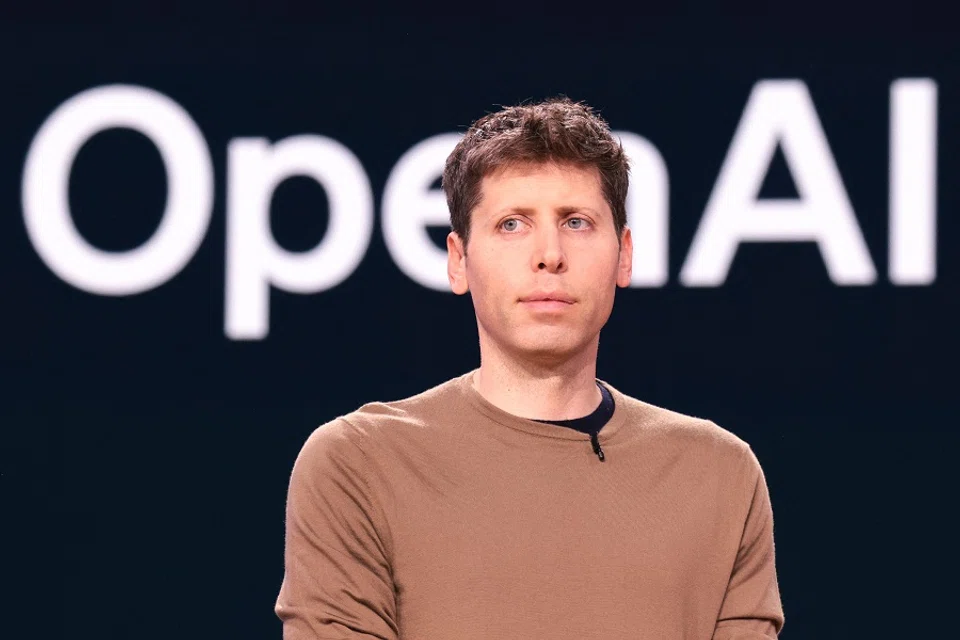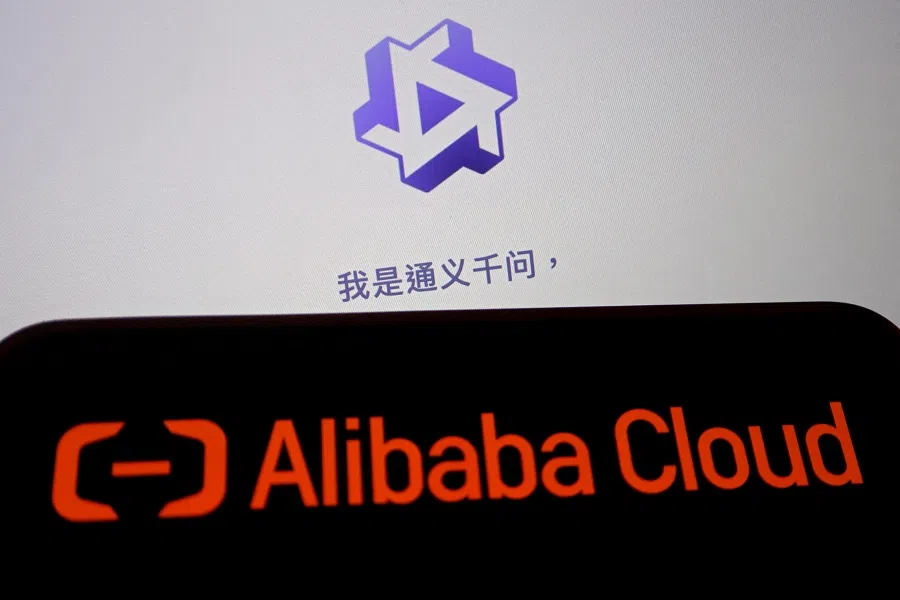OpenAI’s block in Hong Kong and mainland China deepens China-US divide
After OpenAI blocks access to its application programme interfaces (APIs) for Hong Kong and mainland China, startups and large corporations alike would plan on splitting their consumer markets into two camps. Hong Kong commentator Eric Tse discusses the issue.

OpenAI, the developer of ChatGPT, announced that from 9 July, it would stop providing application programme interface (API) services to Hong Kong, mainland China, and other “unsupported countries and regions”. This was to prevent companies from these unsupported areas from using ChatGPT to build their own AI products and applications.
After OpenAI blocks access to its API for Hong Kong and mainland China, startups that rely on applications with OpenAI’s API encapsulation would be severely affected.
As such, it is likely that some large language model (LLM) applications from companies that rely on OpenAI’s API for “encapsulation” (or repackaging a use case into applets) would likely be eliminated from the market, and users from Hong Kong, mainland China and even globally would be impacted when it comes to their experience using artificial intelligence (AI).
An API facilitates communication and data exchange between different software applications using defined protocols, simplifying access to services and data without requiring knowledge of internal operations. For example, the Google Maps API can embed maps onto websites, or fetch tweets from the X API.
APIs can also enhance functionality, which is crucial in the era of generative AI (GenAI). For example, a weather application can pull data from multiple observatories across regions and display it without managing weather information directly.
Most at risk: startups reliant on applications with OpenAI’s API encapsulation
After OpenAI blocks access to its API for Hong Kong and mainland China, startups that rely on applications with OpenAI’s API encapsulation would be severely affected. This is because such applications accelerate development, helping businesses to quickly integrate with third-party services, thereby reducing development time and cost. They also facilitate market expansion through international APIs, enhancing flexibility and opportunities for collaboration.
Since the inception of OpenAI services in November 2022, startups that used applications with OpenAI’s API encapsulation mushroomed quickly, scrambling to snatch up the market for computational tools across all industries. Unfortunately, on top of the stiff competition, few companies were willing to continue to pay for services, instead turning to free-to-use channels.
Another source of funding for startups, venture capital, was also hard to come by due to a host of factors such as a weak economy, massive layoff in the tech industry and sluggish prospects.

With revenue stagnant, development startups that relied on GenAI, faced with challenges one after another, went through a wave of closure. Applications with commendable technology may be bought out by tech giants which took a shine to them, consolidating global technological transformation under the control of a few big players.
By blocking access to API for China and Hong Kong, besides obvious scenarios such as restricted functions, incomprehensive data and so forth, one can predict the impact internationally and on users by looking at the short, medium and long term responses from the industry.
Large multinational corporations may have higher bargaining power and can subscribe to and use these services from Microsoft at a lower average cost.
Looking at short- and long-term impacts
One, short-term corresponding solutions. Software developers or even users themselves can direct traffic out of Hong Kong and mainland China through virtual private networks or other network tools. Unfortunately, this method does not address the root cause of the problem. After all, traces will always be left behind and OpenAI is bound to find out and block them too.
Two, medium-term corresponding solutions, such as the ability to access OpenAI services via Microsoft Azure. Microsoft has invested over US$13 billion in OpenAI and owns 49% of the for-profit arm of OpenAI’s profits. Due to Microsoft’s extensive business operations, it is unable to ban Hong Kong and mainland Chinese users from using its services at the moment.
However, for financially constrained small and medium-sized enterprises as well as startups, this method is unsustainable. Large multinational corporations may have higher bargaining power and can subscribe to and use these services from Microsoft at a lower average cost.

Three, long-term corresponding solutions. Startups and large corporations alike would plan on splitting their consumer markets into two camps: the Chinese-speaking market of Hong Kong and the mainland could leverage Baidu’s AI Cloud, Alibaba Cloud and Zhipu AI, while other European, American, and English-speaking regions would use OpenAI’s API.
Matter of time before Chinese models catch up
In fact, after OpenAI announced its restrictive measures, Alibaba Cloud immediately declared that its AI development platform Bailian would be offering an alternative LLM to OpenAI’s API users in China, and would also provide over 20 million free tokens and exclusive migration services for developers. At the same time, Baidu also announced the launch of an “inclusive programme” that would provide new users free migration to its ERNIE platform. The firm would also provide existing OpenAI API users with additional ERNIE 3.5 flagship model tokens.
... solely focusing on Chinese comprehension could even be a selling point for Chinese tech companies.
Although the development of China’s AI models is relatively slower and ERNIE bot was ridiculed for its dismal performance when it first launched, one must not overlook the fact that Greater China, along with other Chinese-speaking regions (especially Malaysia and Singapore, where many netizens surprisingly favour Chinese-made apps), boasts a substantial amount of data.
Coupled with the centralisation of power which makes the scope of personal information collection from over a billion people wider, deeper and more concentrated than in the English-speaking world, it is only a matter of time before Chinese models catch up. Besides, solely focusing on Chinese comprehension could even be a selling point for Chinese tech companies.
... significant enough to affect the way app developers work, indirectly promote Microsoft or Chinese tech companies, and even change the global generative AI user experience.
Greater division into two camps
In reality, tech companies are already dividing their customers into two camps. Think Douyin targeting the mainland Chinese and TikTok focusing on the international market. From the tech industry to the global landscape, the situation of splitting into China/US blocs will only get worse.
For the sake of national security, the US is decoupling from China whether politically or economically. Stopping API access via OpenAI is but one of many moves, but it is significant enough to affect the way app developers work, indirectly promote Microsoft or Chinese tech companies, and even change the global generative AI user experience. In the days to come, China and the US will likely roll out further political, economical or technological measures that will turn the world upside down.
This article was first published in Lianhe Zaobao as “OpenAI终止陆港API服务影响全球”.

![[Big read] Paying for pleasure: Chinese women indulge in handsome male hosts](https://cassette.sphdigital.com.sg/image/thinkchina/c2cf352c4d2ed7e9531e3525a2bd965a52dc4e85ccc026bc16515baab02389ab)



